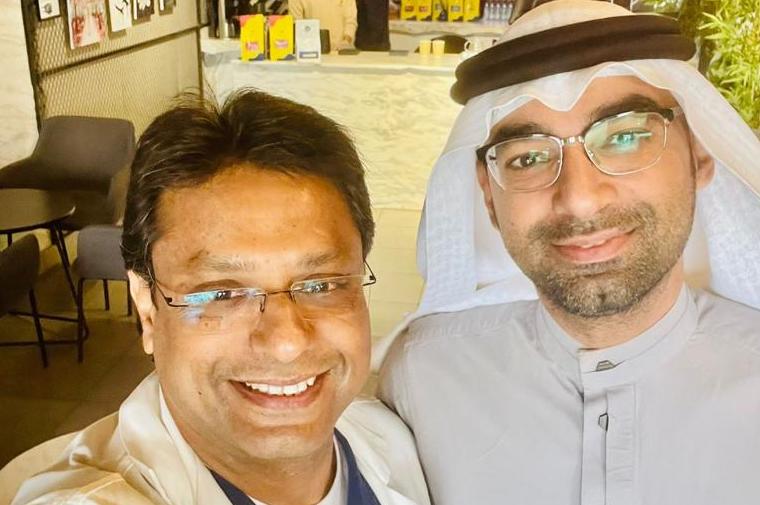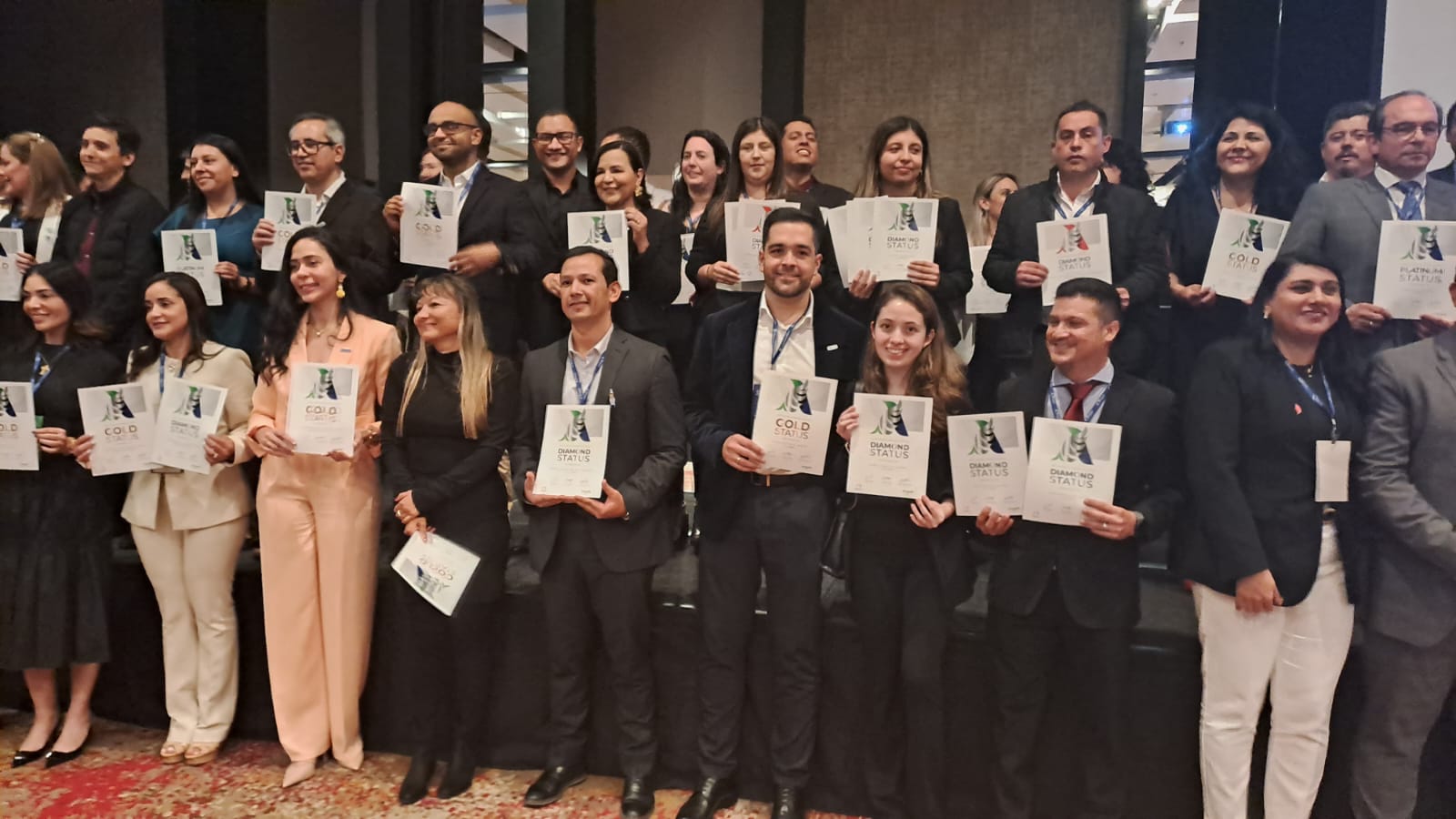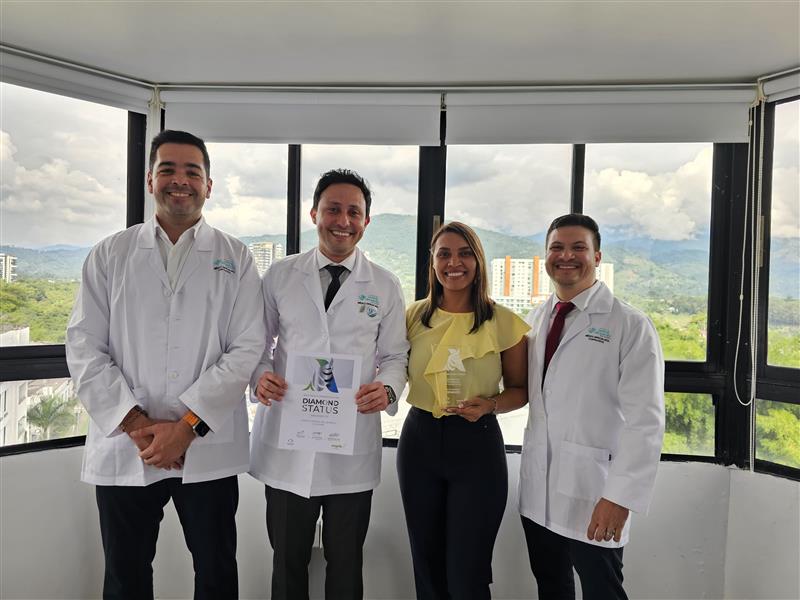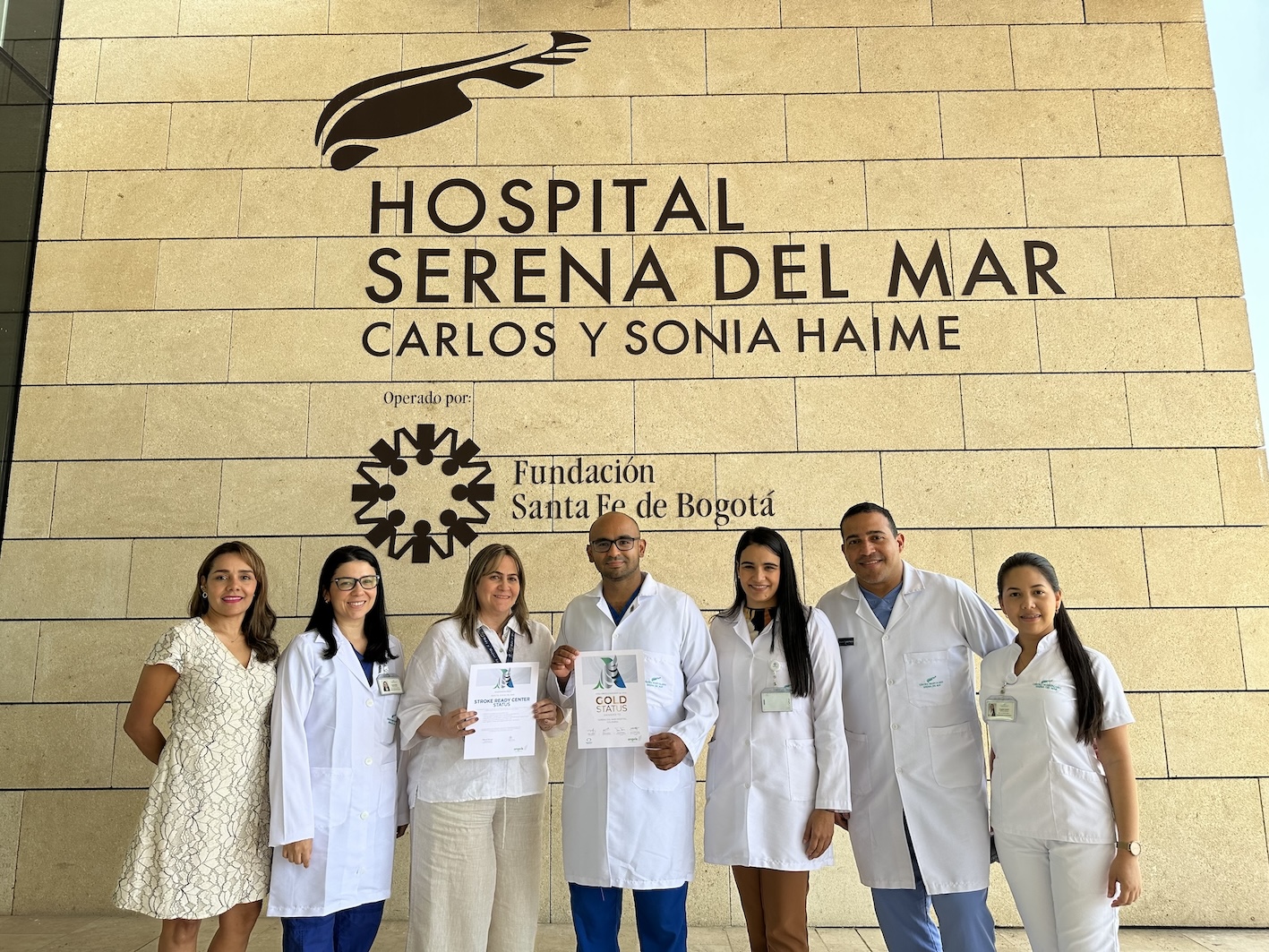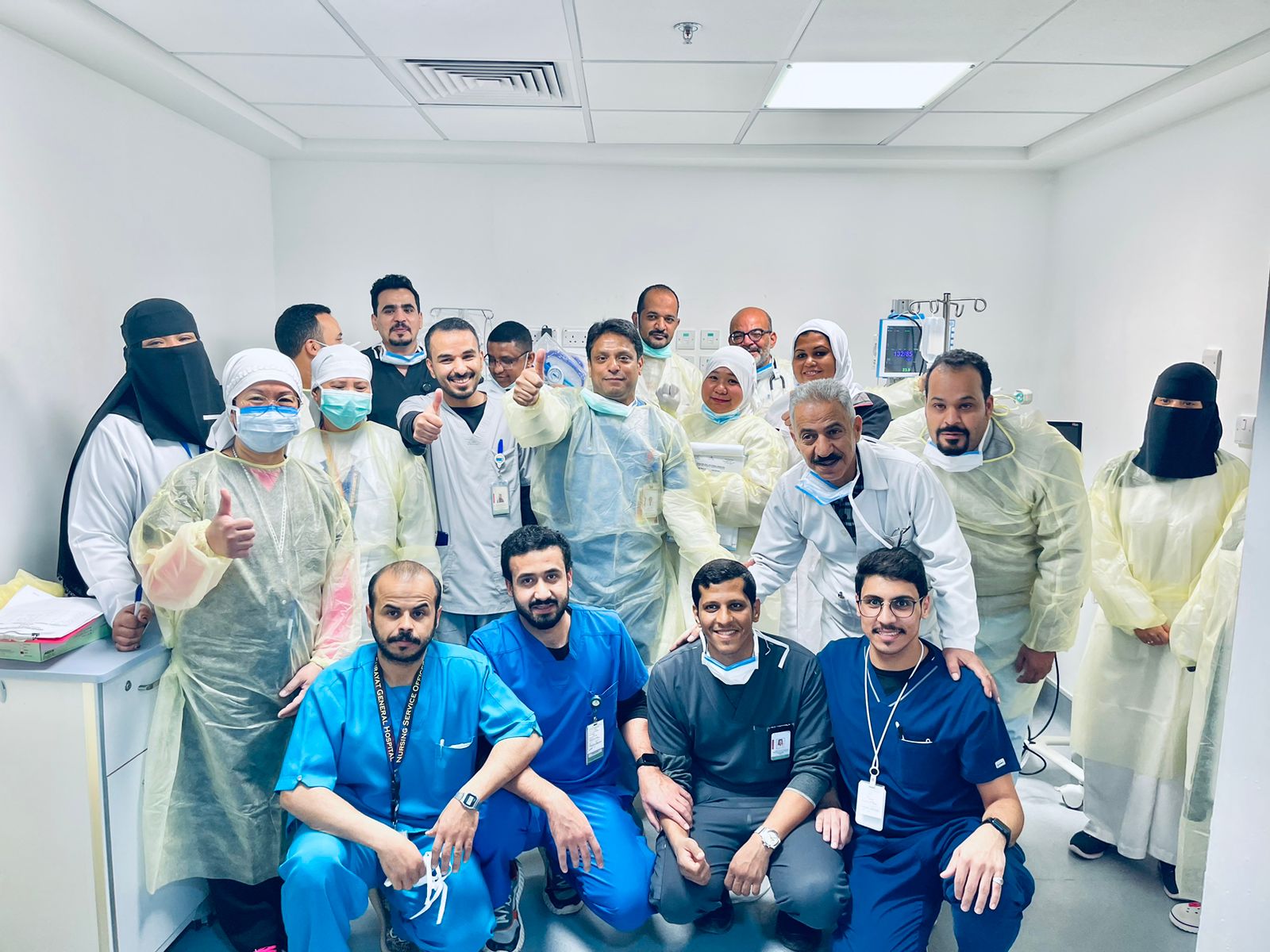
Al Qurayyat General Hospital znajduje się w północnej Arabii Saudyjskiej w małym mieście, nie dalej niż 30 km od granicy z Jordanią. "Smaczne miasto tuż nad krawędzią naszego kraju" - mówi dr Shahid Ahmed, pasjonujący lekarz, który jako asystent dyrektora ratunkowy, jest odpowiedzialny za codzienne wykonywanie tego, co musi być w najgorszych oddziałach ratunkowy na Bliskim Wschodzie.
W czerwcu szpital przyjęto nie mniej niż 12 427 pacjentów, dr Ahmed podaje, w tym liczne skierowania ze szpitali w okolicy. Jednak spośród tych ponad 12 000 pacjentów, dla dr Ahmeda wyróżnia się jeden. pacjent zgłosiła się do szpitala 26 czerwca z niewyraźną mową i osłabieniem lewej strony - objawy, które pojawiły się godzinę wcześniej. Dziewięćdziesiąt minut później, nadal dobrze w oknie terapeutycznym, Al Qurayyat General Hospital leczył pierwszego pacjent z udarem za pomocą leczenia tromboliza.
"W ciągu 15 minut od rozpoczęcia leczenie mówił normalnie" - mówi dr Ahmed. "Byliśmy tak szczęśliwi, że widzieliśmy te objawy wyzdrowienia, to był moment gęstego pobudzenia".
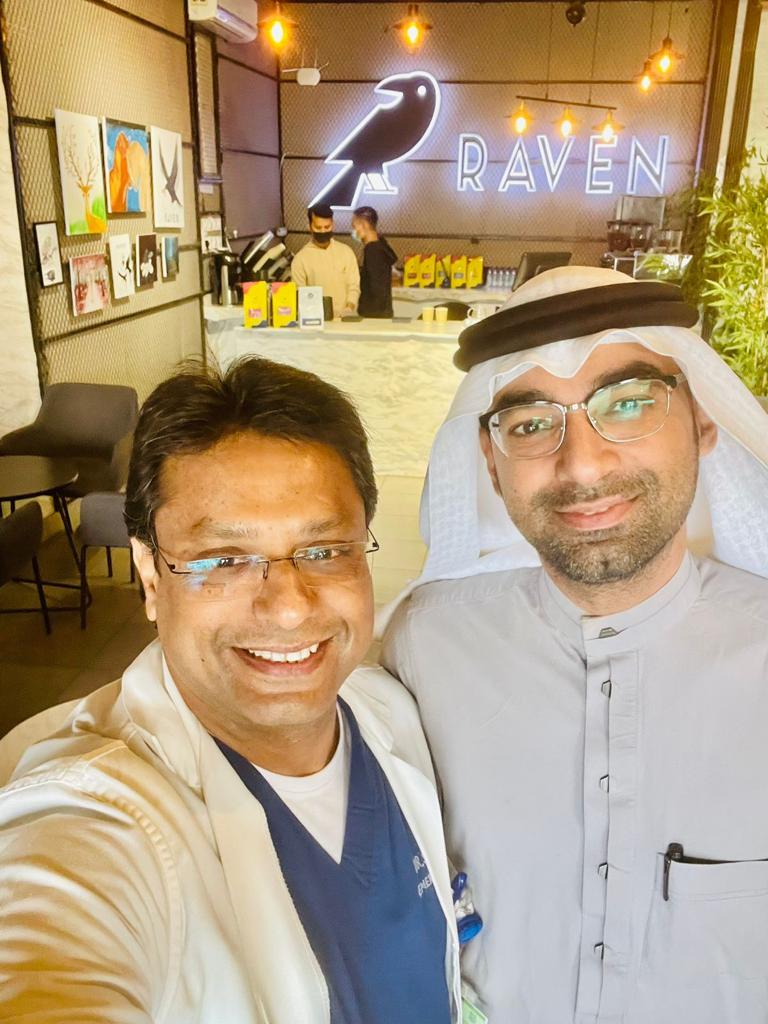
Pierwszą rzeczą, jaką dr Ahmed zrobił po złożeniu gratulacji swojemu zespołowi, była rozmowa telefoniczna z mentorem, dr Amrem Mouminahem, specjalistą ds. udar z Jeddyi, i prośba o przekazanie mu tego słowa ponad 20 000 na Twitterze. Dr Mouminah od razu zrobił:
Dziś uważa się za historię @gurayathealth i jej ludzi. Po ciężkiej pracy i uzgodnionych wysiłkach wszystkich odpowiednich pracowników w regionie i pokonywaniu wszystkich trudności, uruchomiono ścieżkę udar, a rozpuszczalnik podano pierwszemu pacjent w szpitalu ogólnym #Quarayyat_General Hospital. Pod bezpośrednim nadzorem zespół udarowy w Riyahdh. W związku z tym należy poinformować osoby z #Quarayyat, że w szpitalu jest placówka udar. Doradzam wszystkim osobom z objawami udar mózgu, aby szybko udali się do Quarayyat General Hospital (nie Jordanii) w ciągu pierwszych czterech i pół godziny od początek objawów, abyśmy mogli pomóc. Czas jest najważniejszym czynnikiem. Jeśli minie, nie będziemy w stanie nic zrobić. A następny jest bardziej piękny, Bożego.
Dr Mouninah Tweet powiedziała dokładnie, czego chciał dr Ahmed – że zespół udarowy w szpitalu Al Qurayyat General Hospital był gotowy do obsługi swojego miasta. Pomiędzy liniami opowiadała historia zadaniu, które rozpoczęło się w marcu 2022 roku, kiedy dr Ahmedowi przydzielono zadanie utworzenia ścieżki udar w jego szpitalu.
"Ludzie powiedzieli mi, że to jest nowe, a Ty to będziesz przewodzić", pamięta. "Nie miałem pojęcia, o czym chodzi ten projekt."
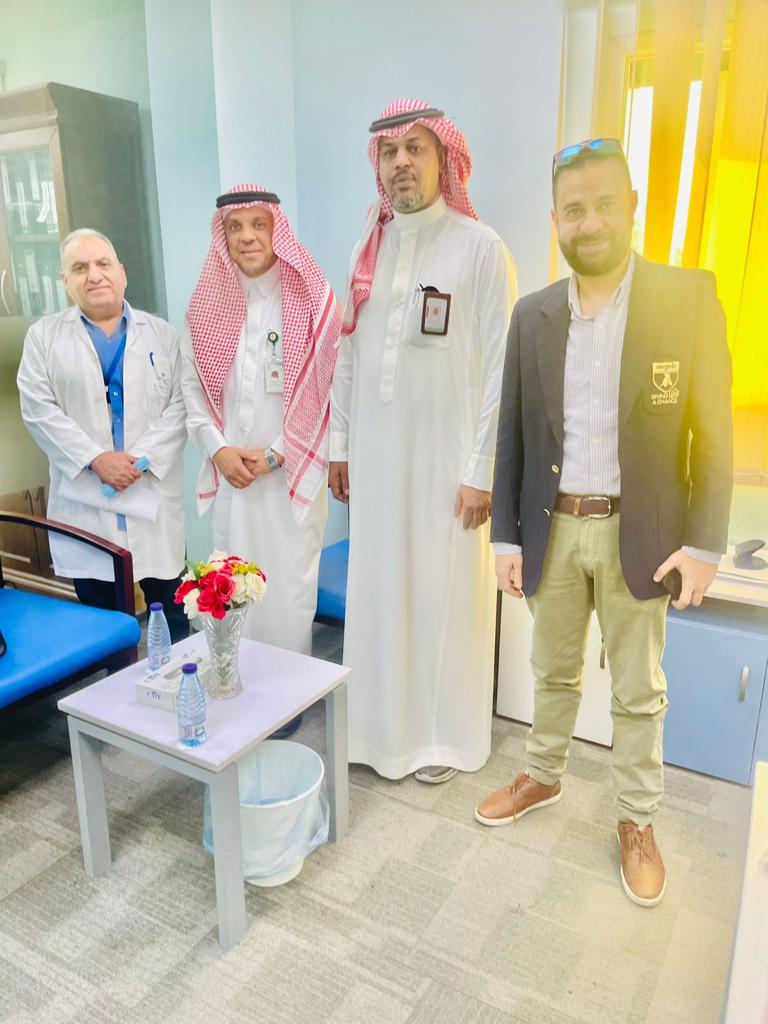
Początkowo pod wrażeniem, że zbudowanie ścieżki leczenia udar będzie obejmować tylko cztery osoby – dyrektora medycznego, dyrektora szpitala, neurochirurga i siebie – dr Ahmed przebudził się, gdy poprosił o poradę dra Mohameda Aljuhania od Madinah. Dowiedzenie się, że ścieżka ta obejmuje zespół wielodyscyplinarny, który obejmowałby lekarzy, pielęgniarki, techników laboratoryjnych, radiologów i aptekę, był wstrząsem, mówi. Potrzebowałby czegoś więcej niż porad.
"Powiedziałem [dr Aljuhani] mój niedobór, moje osłabienie. Powiedziałem, że potrzebowałem jego pomocy, potrzebowałem pomocy wszystkich”. W ten sposób dr Aljuhani stał się pierwszym w łańcuchu benefatów, którzy spacerowaliby obok dr Ahmeda w ciągu najbliższego roku.
W chwili obecnej pomysł przekształcenia szpitala Al Qurayyat General Hospital w szpitala przystosowanego do leczenia udarów mózgu uchwycił jego wyobraźnię. To już coś więcej niż projekt – zmiana perspektywy pacjentów z udar w Al Qurayyat stała się, mówi: "moje ambicje, mój cel, moje marzenia".
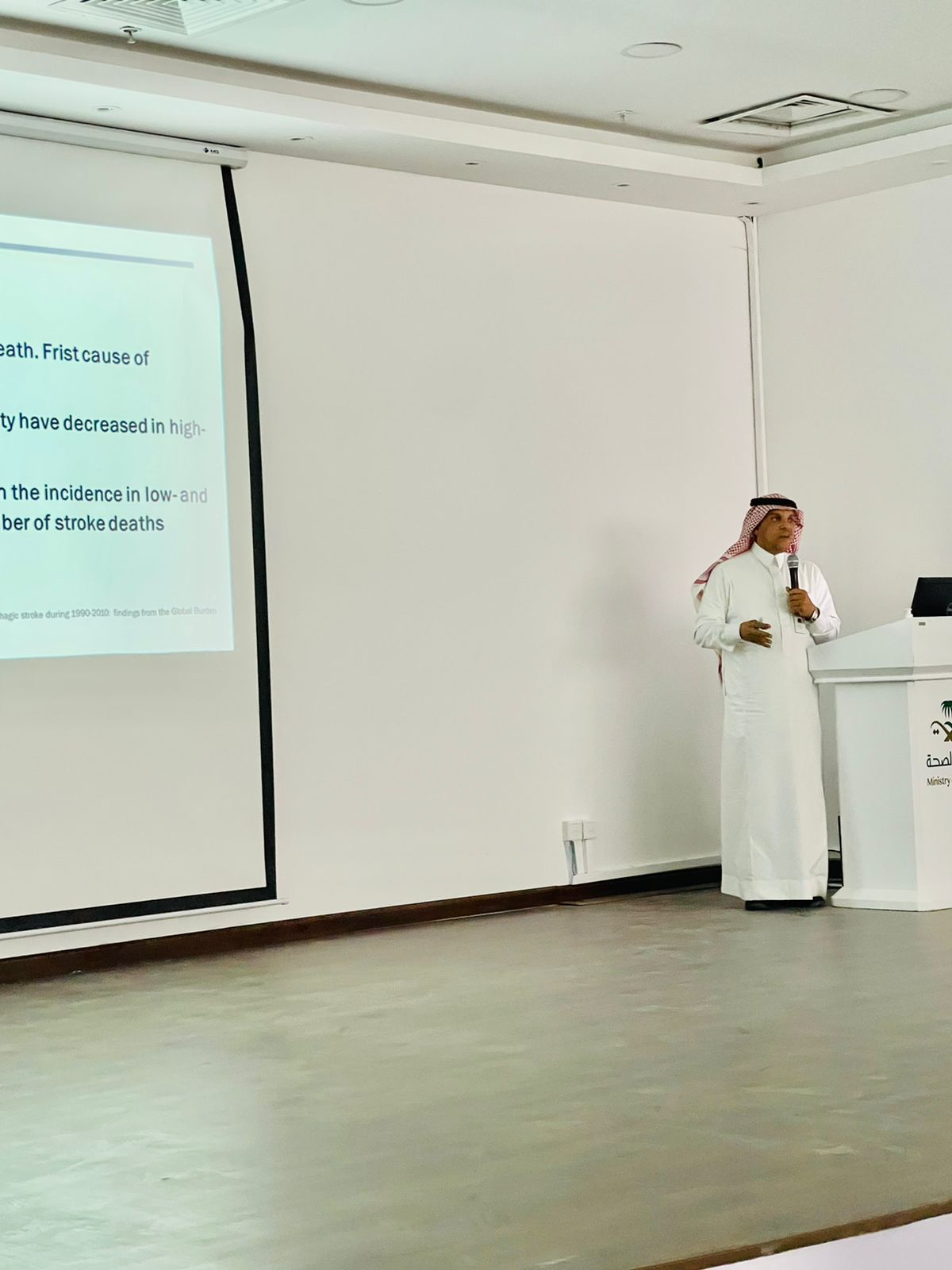
Dr Ahmed, uzbrojony 100-dniowym planem wdrożenia protokołu udar stosowanego w szpitalu w Madinah, rozpoczął ciężką pracę nad zwyciężaniem od liderów oddziałów, których potrzebował, aby wesprzeć swoją ścieżkę. Natychmiast pojawił się problem – szpital nie miał neurolog. Następnie, w tym, co opisuje jako tragedia, obaj neurochirurgi zrezygnowali w tym samym czasie.
"Bardzo osobiście, bardzo emocjonalnie,", mówi dr Ahmed. "Od wielu dni byłem w łzach. Nie wiedziałem, co robić. Ale dzięki wdzięczności Bogu niektóre z nich wpadają w Twoje życie”.
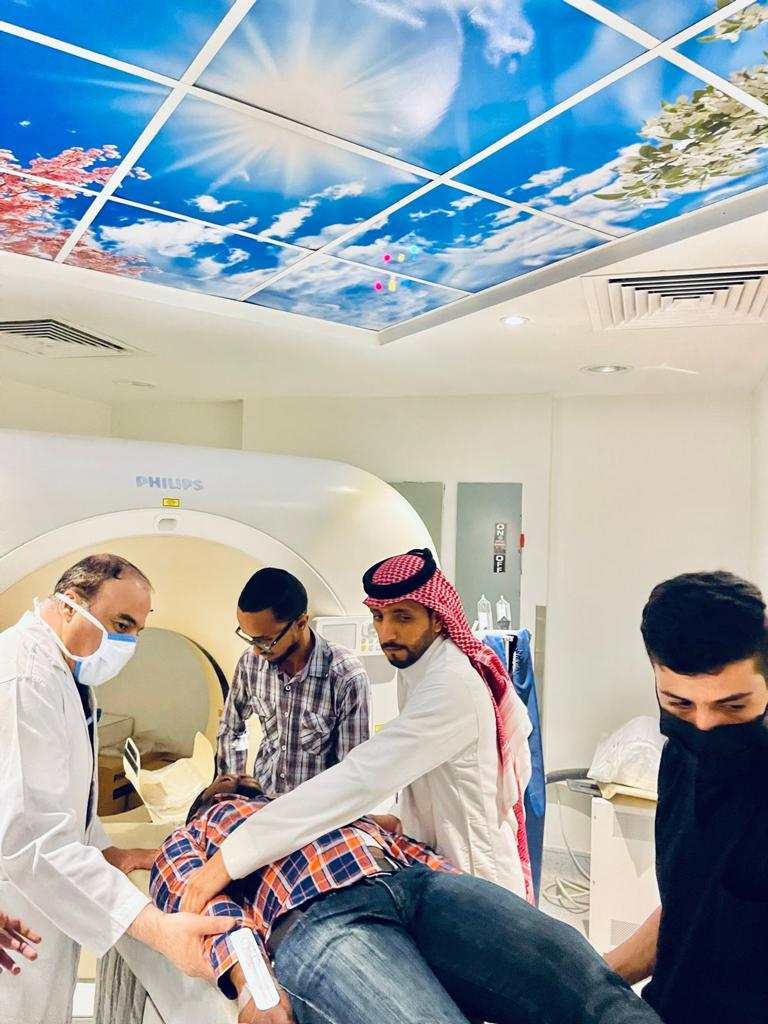
Pomoc w szkoleniu i organizacji pochodziła od konsultant Angels, Sherif Ali i jego zespołu, który wspierał projekt od początku do końca. Kolejnym aniołem, który wydawał się dr Ahmed, był dr Majid Bakheet, lider ds. udar w ministerstwie zdrowia, który pomógł mu doskonalić protokół dotyczący udar i przekonać innych, w tym kierujących szpitale, do udziału w projekcie.
"Miał dla mnie jakieś piękne słowa", mówi dr Ahmed. "Przyszedł i rozmawiał ze wszystkimi liderami oraz przekonał ich i zmotywował. Powiedział im, że będziemy rozpoczynać to leczenie w naszym szpitalu i że potrzebujemy ich pomocy, aby zapewnić, że pacjenci przyjechali na czas”.
W związku z tym dr Ahmed stanął przed kolejną przeszkodą – nawigując po skomplikowanych przepisach w celu uzyskania leku trombolitycznego dla jego szpitala. "Nie mogę czekać tak długo", powiedział dr Ahmed, gdy apteka przewiduje opóźnienie o jeden miesiąc. Nie po raz pierwszy odniósł się do regionalnego dyrektora, który wszedł w pomoc. Następnie, po 10-dniowym poczekaniu z niespokojnym lekiem i zajmowaniu się neurolog pracującym w niepełnym wymiarze godzin, pojawił się trzeci angel w postaci dr Amr Mouminah.
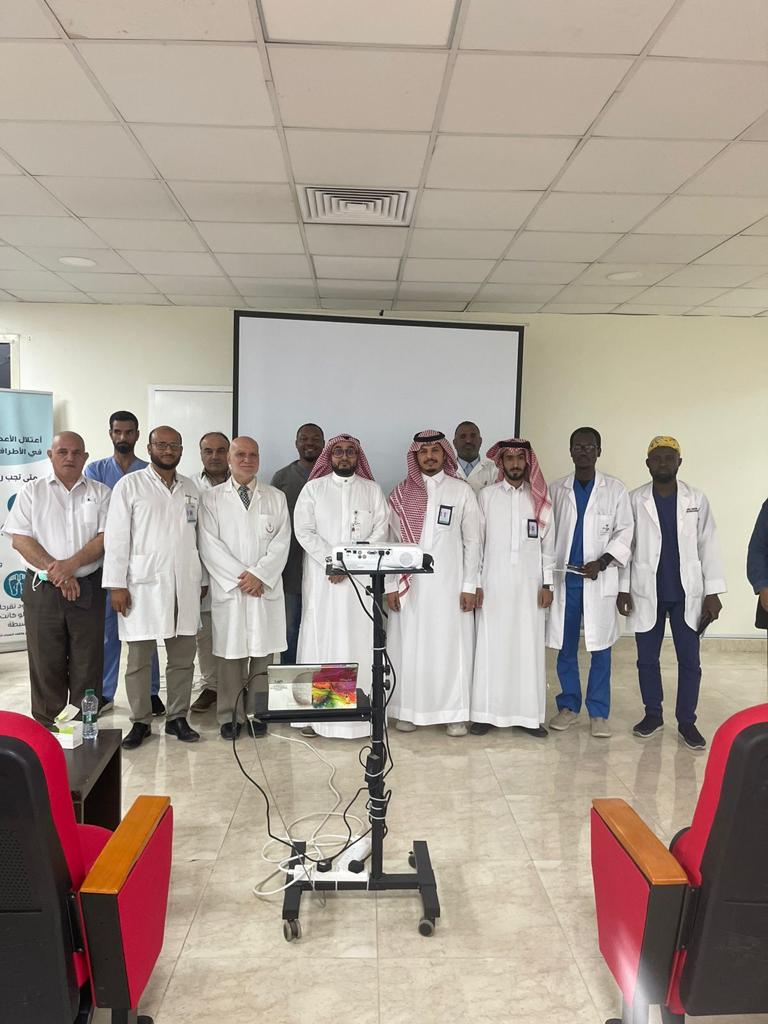
Do tej pory Al Qurayyat General Hospital miał zorganizowaną ścieżkę, ale nowo zmontowany zespół udarowy nie miał doświadczenia. Dr Mouminah zaproponowała symulacje ścieżek, aby przetestować ścieżkę i zbudować zaufanie zespołu do siebie i siebie nawzajem.
"Te próbne kody udar naprawdę pomogły ukierunkować wielu moich lekarzy" - mówi dr Ahmed.
Ostatni element puzzli wpadł na miejsce, gdy dzięki Inicjatywa Angels, szpital Al Qurayyat General Hospital stał się częścią sieci teleudarowej, która połączyła go z zespół udarowy szpitala wirtualnego Health w Riyahdh. A kiedy pacjent z udarem przybył 26 czerwca, to wirtualne połączenie z najlepszymi ekspertami w dziedzinie udar pomogło w przekształceniu marzenia dr Ahmeda w historia sukcesu.
To właśnie świet nowej rzeczywistości dla pacjentów z udar na skraju kraju. Nie ma już potrzeby czasochłonnych skrzyżowań granicznych, aby dotrzeć do najbliższego szpitala przystosowanego do leczenia udarów mózgu w Jordanii, 100 km dalej. Al Qurayyat General Hospital spotyka już około pięciu pacjentów z udar mózgu w tygodniu, co z pewnością zwiększy się wraz ze zbieraniem się przez dr Ahmeda entuzjastyczną publiczną interwencję uświadamiającą.
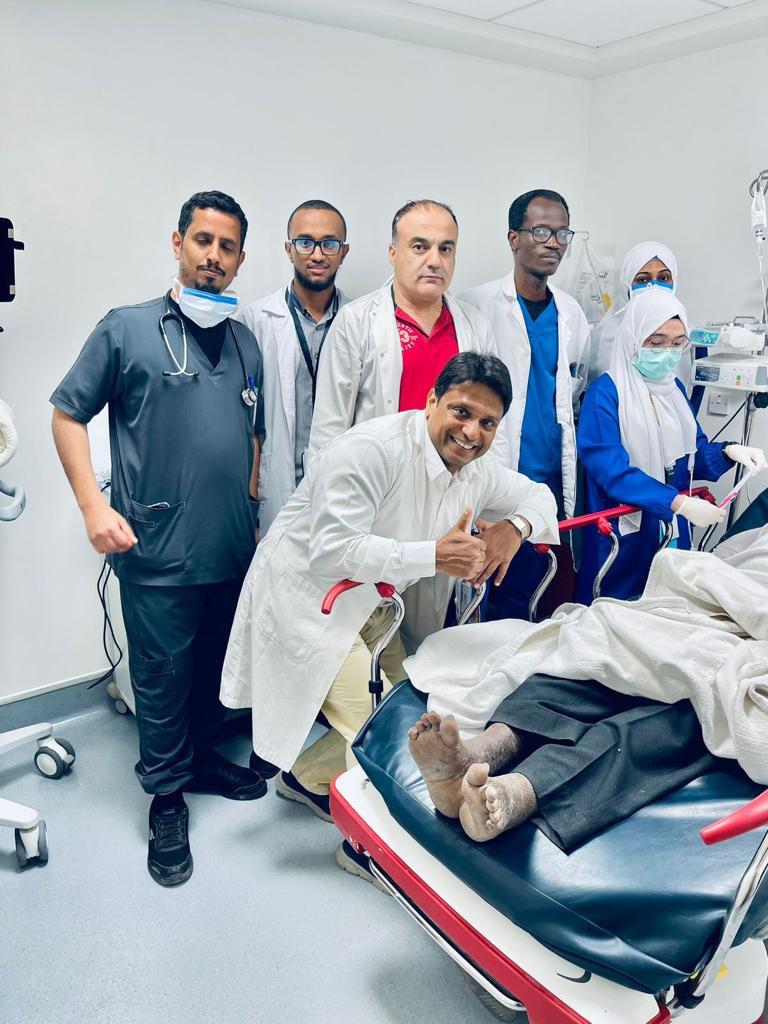
Dr Ahmed ma własne doświadczenie w zakresie wpływu udar mózgu na rodziny. Kiedy u własnej matki wystąpił udar mózgu siedem lub osiem lat temu, zgłosiła się do Arabii Saudyjskiej z Indii, ale nie mógł nic zrobić. Dbanie o nią nie tylko było obciążeniem emocjonalnym, ale również finansowym, mówi, że "wspólnie rząd i ja".
Teraz zadanie, które rozpoczęło się w marcu i osiągnęło swój cel w dniu 26 czerwca, oznacza, że inne matki i inne rodziny zostaną oszczędzone tym samym obciążeniem.
"Z radością emocjonalną robię coś dobrego" - mówi dr Ahmed. "Czuję się bardzo szczęśliwy/-a i bardzo dumny/-a z mojego zespołu oraz wszystkich osób, które mnie wspierały, pomogły mi, zachęciły mnie do przejścia na ten etap.
"Pomożemy ludziom tego miasta."
